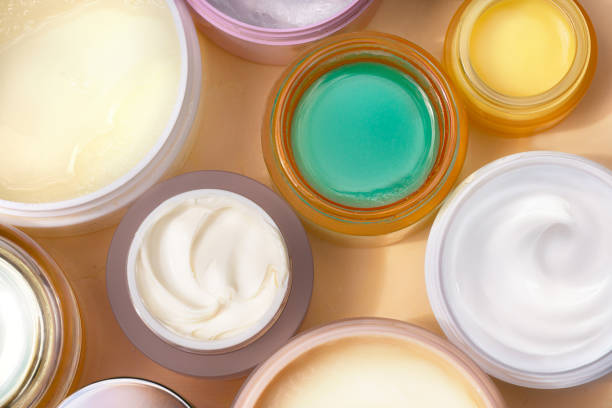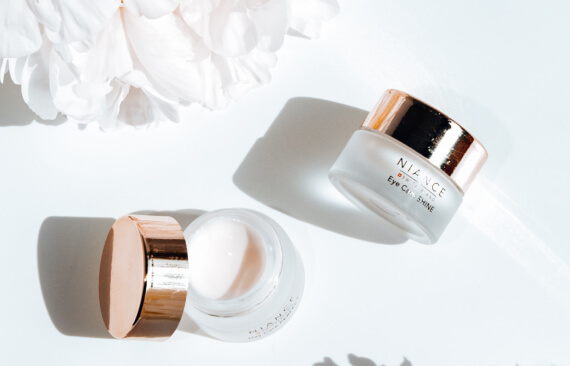Navigating the evolving landscape of
anti-aging skincare in 2025 requires a sophisticated, science-backed approach that moves beyond mere surface-level treatment to embrace holistic skin health. The contemporary understanding of aging skin recognizes it as a complex biological process influenced by genetics, environment, and lifestyle, demanding a multi-faceted product strategy. The goal is no longer just to smooth existing lines but to fundamentally support the skin’s structure and function for a resilient, revitalized complexion.The non-negotiable foundation remains unwavering sun protection, now available in elegant formulations that offer broad-spectrum defense against both UVA and UVB rays, and often include safeguards against blue light and infrared radiation. This daily ritual is the single most effective defense against accelerated photoaging. Building upon this, the modern arsenal prioritizes cellular communication and protection. Next-generation antioxidant serums have advanced beyond single-ingredient heroes to sophisticated complexes that combine stalwarts like stabilized Vitamin C with potent partners like niacinamide and ferulic acid. These powerhouses work synergistically to neutralize a wide spectrum of free radicals, reduce inflammation, and repair past damage, creating a fortified shield against daily environmental assaults.The true revolution for aging skin, however, lies in ingredients that instruct skin cells to behave more youthfully. Prescription-strength retinoids, the gold standard for stimulating collagen and accelerating renewal, are now complemented by a growing class of supportive actives. Peptides, which act as messengers to prompt firmer skin, and growth factors, which support cellular regeneration, are increasingly prevalent in high-quality formulations. Furthermore, recognizing that a compromised skin barrier exacerbates every sign of aging, the modern approach mandates rich, reparative moisturizers brimming with ceramides, cholesterol, and fatty acids to restore the lipid layer, ensuring actives can work effectively and the skin remains plump and hydrated. In 2025, choosing the right products means selecting intelligent, evidence-based formulations that protect, correct, and communicate with the skin on a cellular level for truly transformative results.


